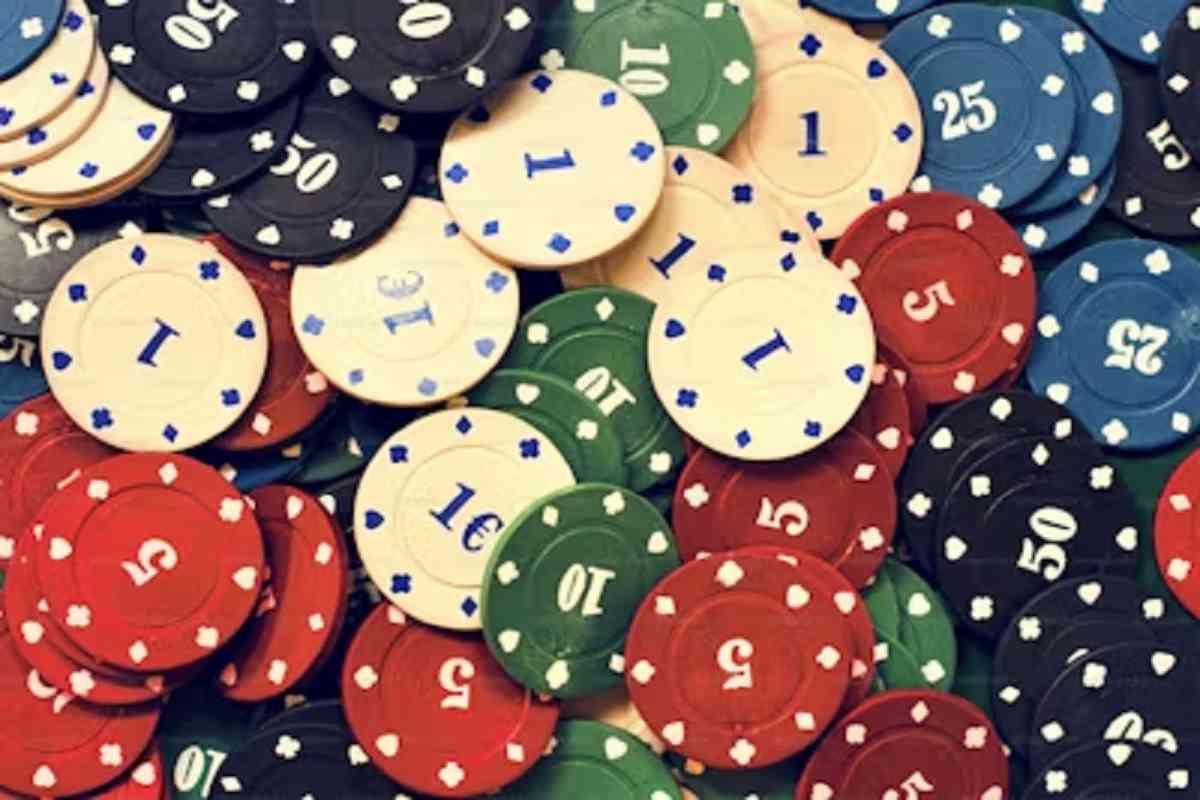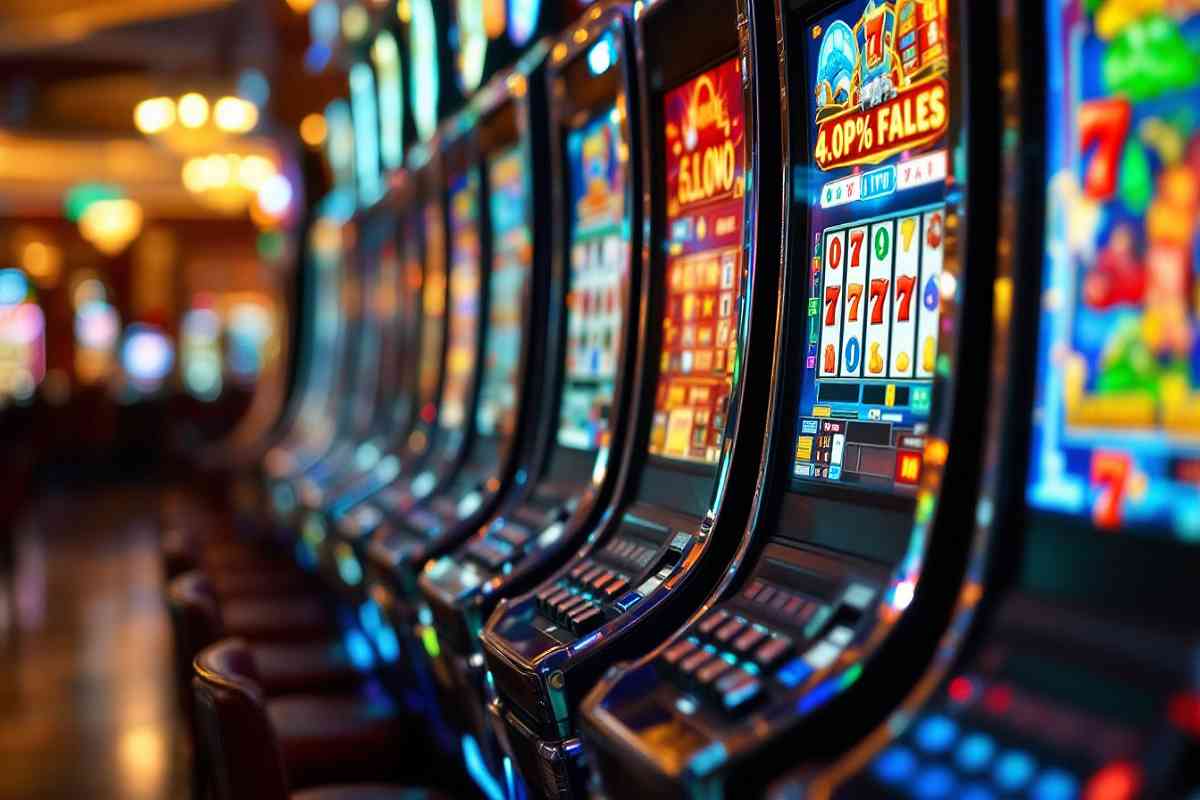Understanding Keno: How the Game Works
Keno is a popular lottery-style game often found in casinos and online gaming platforms. Players select numbers from a predetermined range—usually 1 to 80. After the players have made their selections, a drawing occurs, and 20 numbers are randomly selected. The aim is to match as many of your chosen numbers with the drawn numbers to win prizes.
The game’s simplicity makes it appealing to a wide range of players. Unlike other casino games such as poker or blackjack, Keno does not require extensive knowledge of strategies or extensive gambling skills. However, understanding its fundamental principles can enhance your gameplay experience.
One of the most enticing aspects of Keno is the variety of betting options available. Players can choose to play a single game or multiple games in a single session, and they can also decide how many numbers to select, typically ranging from 1 to 20. This flexibility allows players to tailor their bets according to their risk tolerance and desired payout. Additionally, many casinos offer special promotions or bonuses for Keno players, further enhancing the excitement of the game.
Moreover, Keno has a rich history that dates back to ancient China, where it was originally played as a form of lottery to fund military projects. Over the centuries, it evolved into the game we know today, making its way to the Western world in the 19th century. This historical context adds an intriguing layer to the game, as players can appreciate the cultural significance and evolution of Keno while enjoying the thrill of each draw. Whether you’re playing for fun or aiming for a substantial jackpot, Keno continues to captivate players with its blend of chance and excitement.
The Mathematics Behind Keno Odds
The odds in Keno are based on the number of combinations that can be made from the selected numbers. Since players can choose anywhere from 1 to 20 numbers, the odds vary significantly. For example, selecting just a single number gives you a straightforward 1 in 80 chance of winning, while selecting more numbers increases the complexity of the odds.
Each number drawn in Keno is independent of the others, and the total number of combinations influences your potential payout. The house edge in Keno can be relatively high compared to other casino games, often between 20% and 40%, depending on the format and rules of the specific game being played.
To understand the odds better, consider the scenario where a player selects 10 numbers. The number of ways to choose which 10 numbers will match the 20 drawn numbers is calculated using combinatorial mathematics. Specifically, the formula for combinations, denoted as C(n, k) = n! / (k!(n-k)!), where n is the total number of options (80 in Keno) and k is the number of selections (10 in this case), becomes essential. This results in a staggering number of possible outcomes, illustrating the complexity of the game and the challenge players face in achieving a winning combination.
Moreover, the payout structure in Keno is designed to reward players who can match a higher number of selections, but the odds of doing so become increasingly steep as more numbers are chosen. For instance, matching just a few numbers might yield a modest return, while hitting the jackpot by matching all selected numbers can result in a life-changing payout. This variance in potential winnings adds to the allure of Keno, as players are drawn to the excitement of possibly hitting a big score, despite the odds being stacked against them.
Popular Number Combinations: What Players Prefer
Players tend to gravitate toward specific number combinations that they believe maximize their chances of winning. Interestingly, many players opt for lucky numbers such as birthdays, anniversaries, or significant dates. This practice often leads to certain numbers being selected more frequently than others.
For instance, numbers like 7, 11, and 23 are often seen as “lucky” and frequently appear in players’ choices. Conversely, players may also rely on cold numbers, which are selections that have not been drawn in recent games, believing these numbers are due for selection. While there’s no scientific basis for these beliefs, they significantly influence players’ choices.
In addition to personal significance, cultural beliefs also play a crucial role in number selection. For example, in many Asian cultures, the number 8 is considered extremely auspicious, symbolizing wealth and prosperity. As a result, players from these backgrounds might favor this number in their selections, leading to a noticeable spike in its frequency during draws. Similarly, in Western cultures, the number 13 is often viewed with superstition, prompting some players to avoid it altogether while others might embrace it as a way to defy bad luck.
Moreover, the impact of media and celebrity endorsements cannot be overlooked. When a particular number combination is highlighted in a popular movie or by a famous personality, it can lead to a surge in its popularity among players. This phenomenon creates a fascinating cycle where numbers can gain or lose favor based on external influences, demonstrating how the psychology of luck intertwines with social trends in the world of gaming.
Analyzing Historical Winning Patterns
One way to enhance your Keno strategy is by analyzing historical winning patterns. Online resources allow players to access historical data of winning numbers, providing insight into which numbers have been drawn most frequently over a certain period. Some players keep track of this data to identify trends or patterns that could inform their future selections.
While it’s crucial to note that Keno is inherently a game of chance, many players find comfort in analyzing these patterns. Players may look at not just individual numbers but combinations of numbers that frequently appear together. This can aid in crafting a more informed strategy instead of relying solely on instinct.
Strategies for Selecting Your Keno Numbers
Selecting Keno numbers involves a combination of strategy and personal preference. A widely recommended strategy is to spread your picks across the entire range of available numbers rather than clustering them around a specific area. This can improve your chances of matching drawn numbers.
Another approach is to pick a balanced mix of both high and low numbers, as well as odd and even numbers. Some players suggest experimenting with various combinations in different games to discover what works for them. Ultimately, every player has a unique approach, and finding the right method often requires a bit of trial and error.
The Role of Randomness in Keno Outcomes
One of the most compelling aspects of Keno is its reliance on randomness. The drawing of numbers is random, meaning each number has an equal chance of being selected in every game. This aspect makes Keno similar to traditional lottery games, where outcomes are unpredictable and luck plays a dominant role.
This randomness is crucial for players to understand, as it emphasizes that no strategy can guarantee a win. While statistics and historical data can inform choices, they do not alter the fundamental randomness of Keno. Recognizing this can help players maintain realistic expectations and enhance their enjoyment of the game.
Common Myths About Keno Number Selection
Various myths surround Keno and its number selection process. One prevalent myth is the belief that certain numbers are “hot” or due to win based on previous outcomes. In reality, the selection of numbers is entirely random, and past performance does not influence future results.
Another myth is that frequent players can develop a “system” that accounts for how numbers are drawn. Although some players might feel comfortable relying on particular patterns, it’s essential to remember that every game starts anew, and every number has an equal probability of being chosen.
Tips for Managing Your Keno Bankroll
Effective bankroll management is vital for anyone looking to enjoy Keno without incurring heavy losses. Setting a budget before playing ensures that you do not overspend. It’s helpful to determine ahead of time how much you are willing to invest and to stick to that limit.
Additionally, consider breaking your bankroll into smaller segments, allowing you to play multiple rounds without risking your entire budget in one go. Keeping track of wins and losses will also help you gauge your performance, guiding future decisions in your Keno gameplay.
How to Use Technology to Improve Your Odds
In today’s digital age, technology has become an invaluable tool for improving Keno gameplay. Various online platforms offer analytical tools, including number generators and statistics tracking that can help players make more informed decisions when selecting their numbers.
Some software alerts users to patterns or trends, helping them refine their strategies. Additionally, smartphone apps provide instant access to Keno games and allow players to track their gameplay history, making it easier to analyze past results and adjust strategies accordingly.
Real-Life Success Stories: Players Who Beat the Odds
While Keno is a game of chance, there are remarkable stories of players who managed substantial wins. One such story is of a player who chose a set of numbers based on their family birthdays, leading to a massive jackpot win. This story inspires others, emphasizing that while luck plays a role, making personal connections to selected numbers can bring a sense of joy to the game.
Another success story involves a player who regularly used statistical analysis to select their numbers, ultimately leading to several small and medium wins. These tales highlight that while Keno is largely a game of luck, different strategies and personal stories can affect the experience positively. While there are no guarantees, experimenting with different methods can create memorable moments in the Keno experience.









